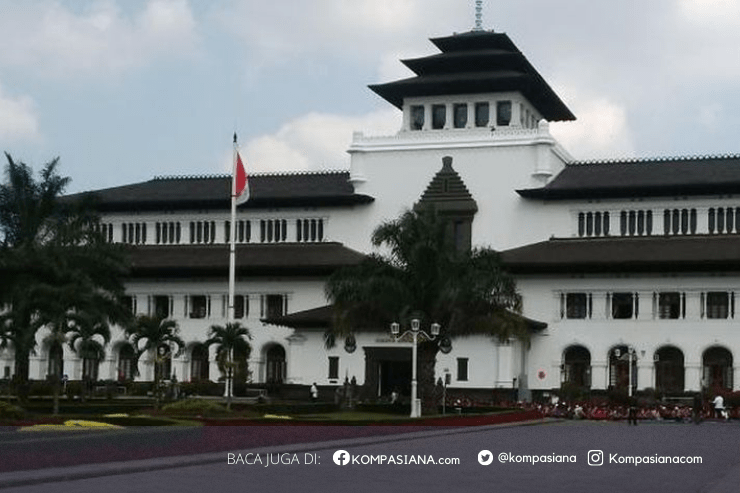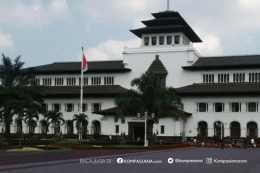Management of Islamic Educational Resources
Agung Solihin / Graduate Student at UIN Sunan Gunung Djati Bandung
The phenomenon of education in the modern era shows that the success of education depends heavily on how educational resources are managed effectively and efficiently. Education is understood as a system consisting of inputs, processes, and outputs, where the continuity of the process is largely determined by the optimization of available resources. The assumption is that if educational resources---including human resources, methods, facilities, funds, and the environment---are managed appropriately, the quality of education will improve continuously. However, there are still gaps in the form of limited funds, unequal facilities and infrastructure, weak planning, and insufficient use of technology to support the educational process. This creates a gap between the ideal goals of education and the reality in the field.
First, the basic framework for managing Islamic educational resources stems from the understanding that everything used in the implementation of education---whether educators, curriculum, facilities, or funds---are resources that must be organized through a managerial process. Islam emphasizes the importance of systematic management so that educational goals can be achieved effectively and efficiently.
Second, the function of managing educational resources includes planning, organizing, directing, and supervising. These functions ensure that resources can be utilized as well as possible in accordance with the objectives of the educational institution. Without good management, no amount of resources will provide optimal results.
Third, the effective use of educational management resources is key to creating quality output. This effectiveness can only be achieved if management pays attention to the 5M principles (man, money, material, method, market) in an integral manner. In the Islamic perspective, effectiveness means using resources appropriately, without excess, so that broad benefits are achieved.
Fourth, the scope of educational resource management covers all aspects of education, from student input, teaching staff, facilities and infrastructure, curriculum, learning processes, to output in the form of graduates. This entire scope must be managed synergistically between institutions, the government, the community, and families so that national and Islamic educational goals can be realized.
Summary:
The management of Islamic educational resources requires a planned, focused, and integrated system so that every potential can be maximized to achieve the goals of excellent, competitive, and Islamic education.
Follow Instagram @kompasianacom juga Tiktok @kompasiana biar nggak ketinggalan event seru komunitas dan tips dapat cuan dari Kompasiana. Baca juga cerita inspiratif langsung dari smartphone kamu dengan bergabung di WhatsApp Channel Kompasiana di SINI







